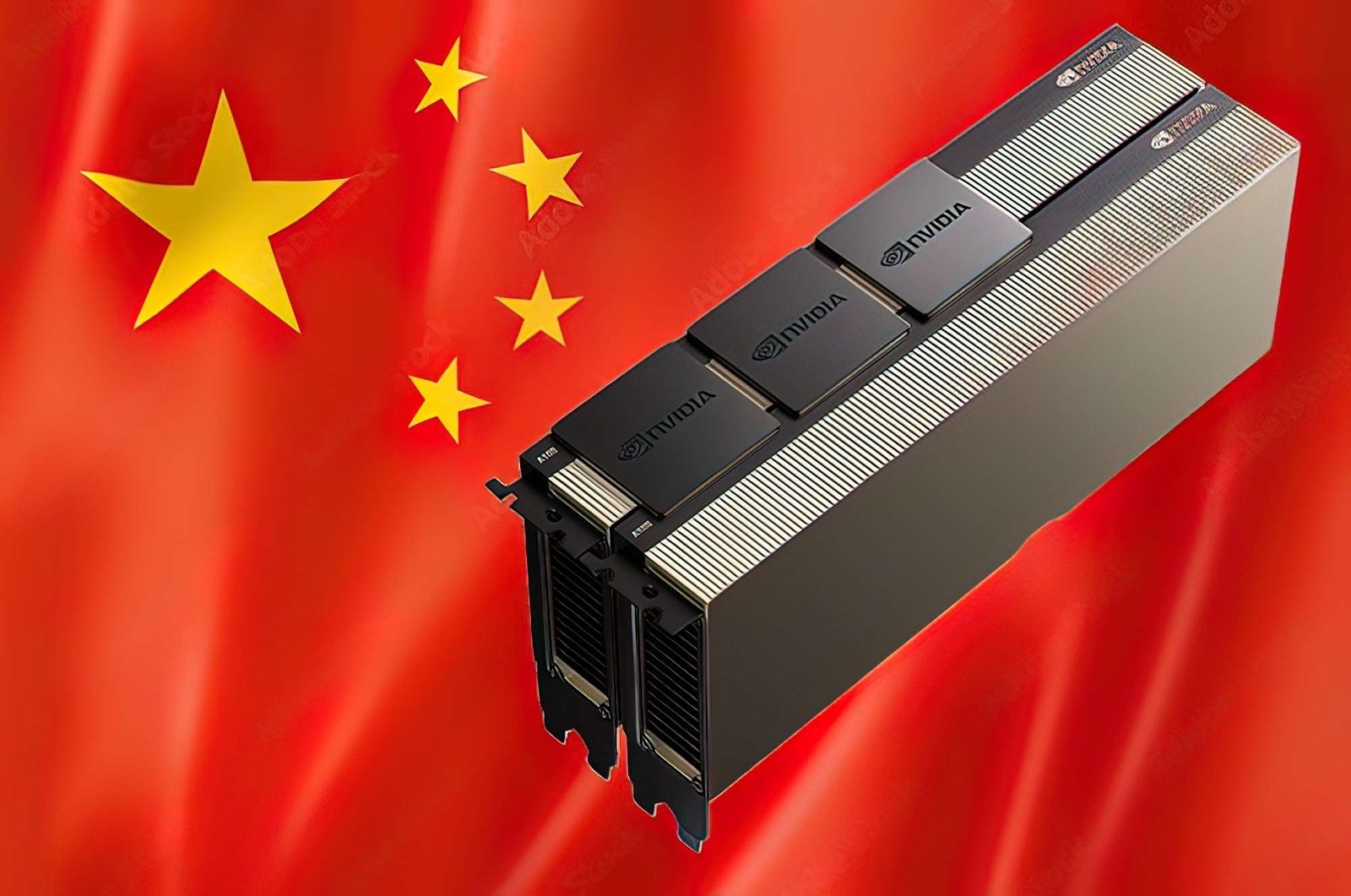China’s Ban on Nvidia AI Chips Explained
China has officially prohibited its tech firms from purchasing advanced Nvidia AI chips. The ban targets cutting-edge processors that power artificial intelligence, data centers, and next-generation computing. This move escalates tensions in the ongoing tech rivalry between China and the United States.
Impact on China’s Technology Sector
Chinese companies relying on Nvidia’s GPUs will face challenges. These chips are essential for training large AI models, running cloud services, and accelerating research. Without access, local firms must seek alternatives or develop homegrown solutions. The ban could delay projects and slow the pace of innovation in critical industries.
Global AI Competition Intensifies
The restriction adds fuel to the global race for AI dominance. The United States aims to limit China’s access to advanced technology, while China pushes for self-reliance. Both countries are investing heavily in AI infrastructure, creating a sharp divide in the global technology landscape.
Nvidia’s Position in the AI Market
Nvidia dominates the AI chip market with its high-performance GPUs. The company has grown rapidly due to demand from AI developers, startups, and big tech firms. Losing access to the Chinese market, one of the largest in the world, could impact Nvidia’s long-term growth strategy.
China’s Push for Domestic AI Chips
In response, China is accelerating efforts to build its own AI chips. Firms like Huawei, Alibaba, and other semiconductor companies are working to reduce reliance on U.S. technology. Domestic alternatives are improving, but they still lag behind Nvidia in efficiency and performance. The ban could serve as motivation for faster development.
Global Supply Chain Risks
The ban creates uncertainty for the global semiconductor supply chain. Countries dependent on both U.S. and Chinese technologies may face disruptions. Technology companies worldwide must navigate shifting policies, restricted trade, and fluctuating demand. This reshaping of the tech ecosystem could spark alliances between nations and industries.
Potential Winners and Losers
While Nvidia loses market opportunities, Chinese chipmakers stand to gain. Investors may shift focus toward domestic semiconductor firms. U.S. companies outside of Nvidia could also benefit as demand diversifies. However, the global market may experience higher costs and longer timelines for AI innovation.
Future of AI in China
China remains committed to leading in artificial intelligence. The government continues to fund AI research, education, and local chip manufacturing. Although the ban slows immediate progress, it could ultimately strengthen China’s technological independence. Long-term, this strategy may reduce reliance on Western hardware.
Conclusion: A Turning Point for Global Tech
China’s ban on Nvidia’s AI chips marks a significant milestone in the tech rivalry. It highlights the deepening divide in global innovation and the push for self-sufficiency. The outcome will shape the future of artificial intelligence, international trade, and digital transformation worldwide.


